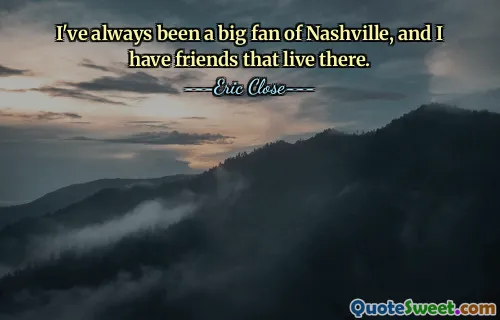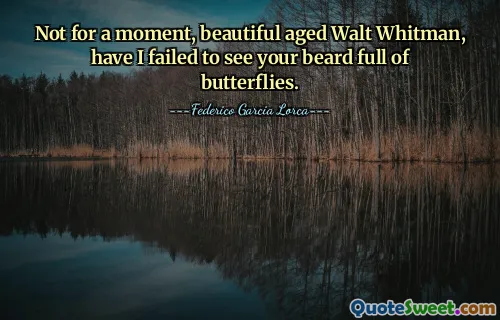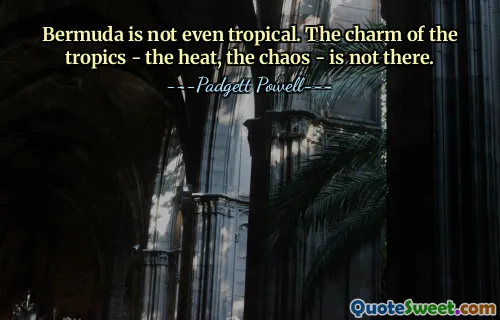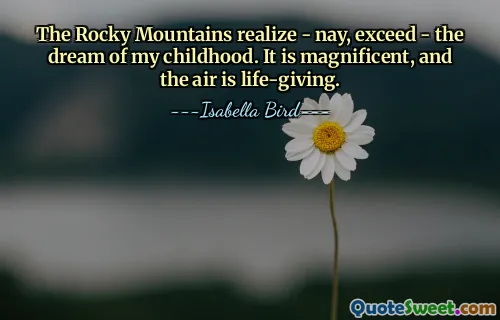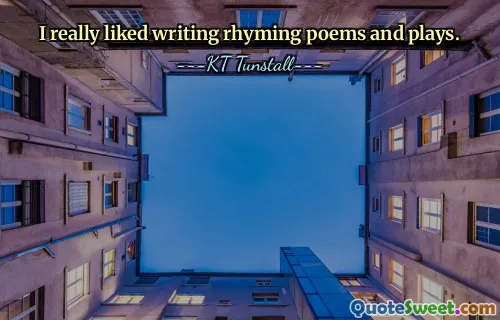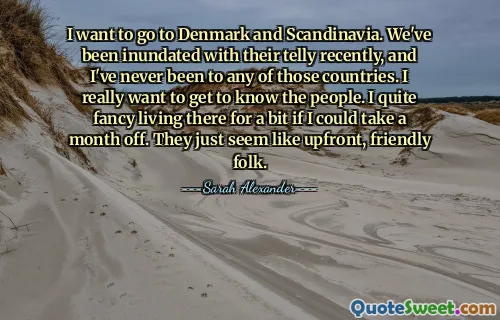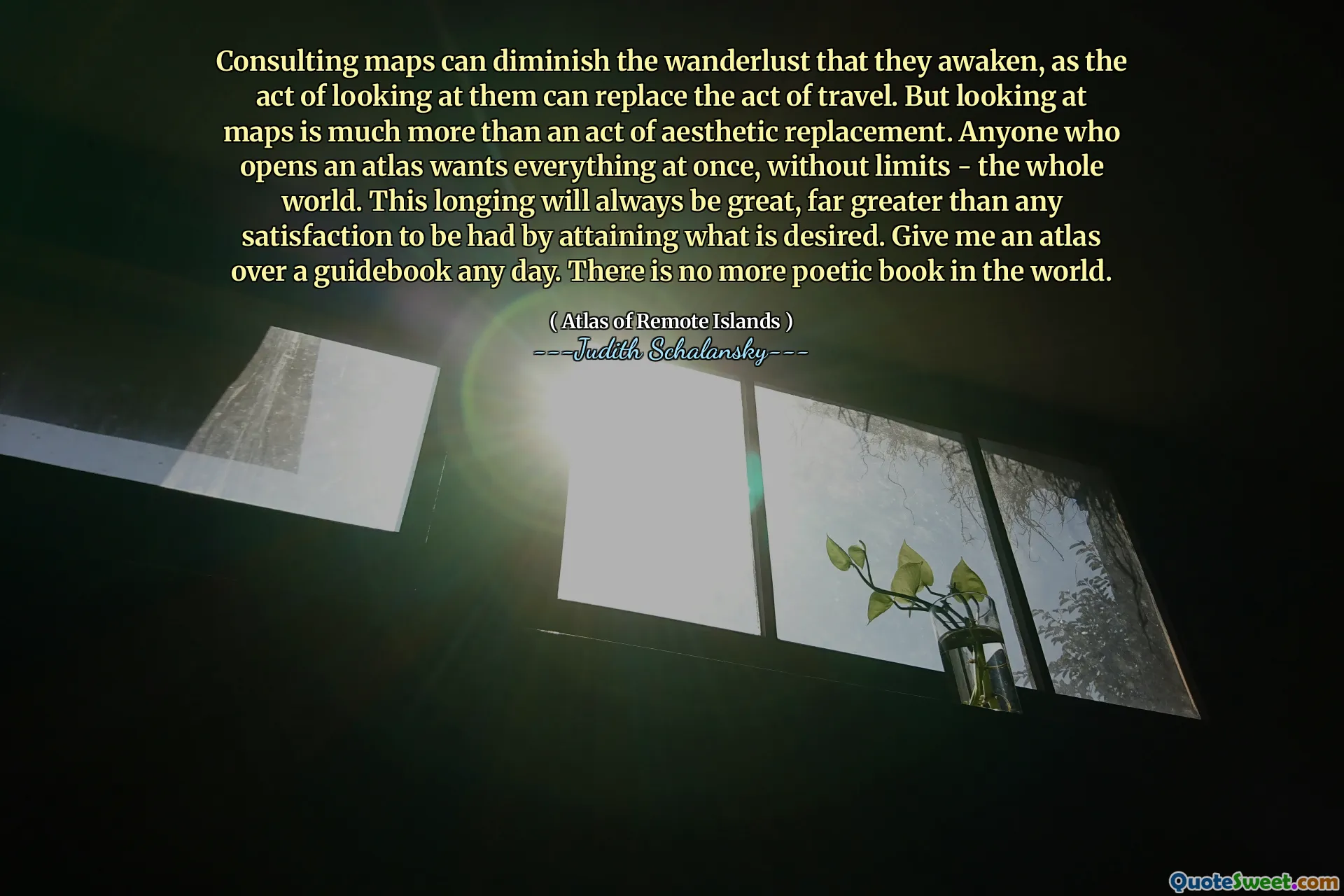
Consulting maps can diminish the wanderlust that they awaken, as the act of looking at them can replace the act of travel. But looking at maps is much more than an act of aesthetic replacement. Anyone who opens an atlas wants everything at once, without limits - the whole world. This longing will always be great, far greater than any satisfaction to be had by attaining what is desired. Give me an atlas over a guidebook any day. There is no more poetic book in the world.
Maps and atlases hold a unique allure that transcends mere navigation; they evoke a deep sense of curiosity, longing, and the innate human desire to explore the unknown. This quote beautifully captures the paradox of maps serving both as tools for discovery and as symbols of our perpetual yearning for the vast, uncharted world. When we pore over maps, we experience a sense of boundless possibility — a visual representation of everything the world has to offer, all at once. The act of looking through an atlas unleashes a kind of poetic dreaming, allowing us to imagine distant lands and adventures, reinforcing our aspiration to explore beyond familiar borders. Yet, ironically, this very act can sometimes diminish real-world experiences, as the longing becomes a surrogate for actual travel, filling the void with images and hopes rather than journeys. Despite this, the appeal of the map is undeniable; it encapsulates the infinite, the mysterious, and the poetic essence of exploration. A guidebook can offer practical guidance, but an atlas stirs the soul, appealing to our romantic fantasies of wandering freely. This sentiment reminds us that the beauty of maps is in their ability to inspire and ignite the imagination, making them timeless treasures in our quest for discovery and understanding of the world.
Atlas of Remote Islands by Judith Schalansky underscores this poetic allure of maps, emphasizing their role as portals to endless fascination and introspection. They are more than navigational tools—they are symbols of adventure, curiosity, and the forever unfulfilled human desire to see what lies beyond the horizon.

